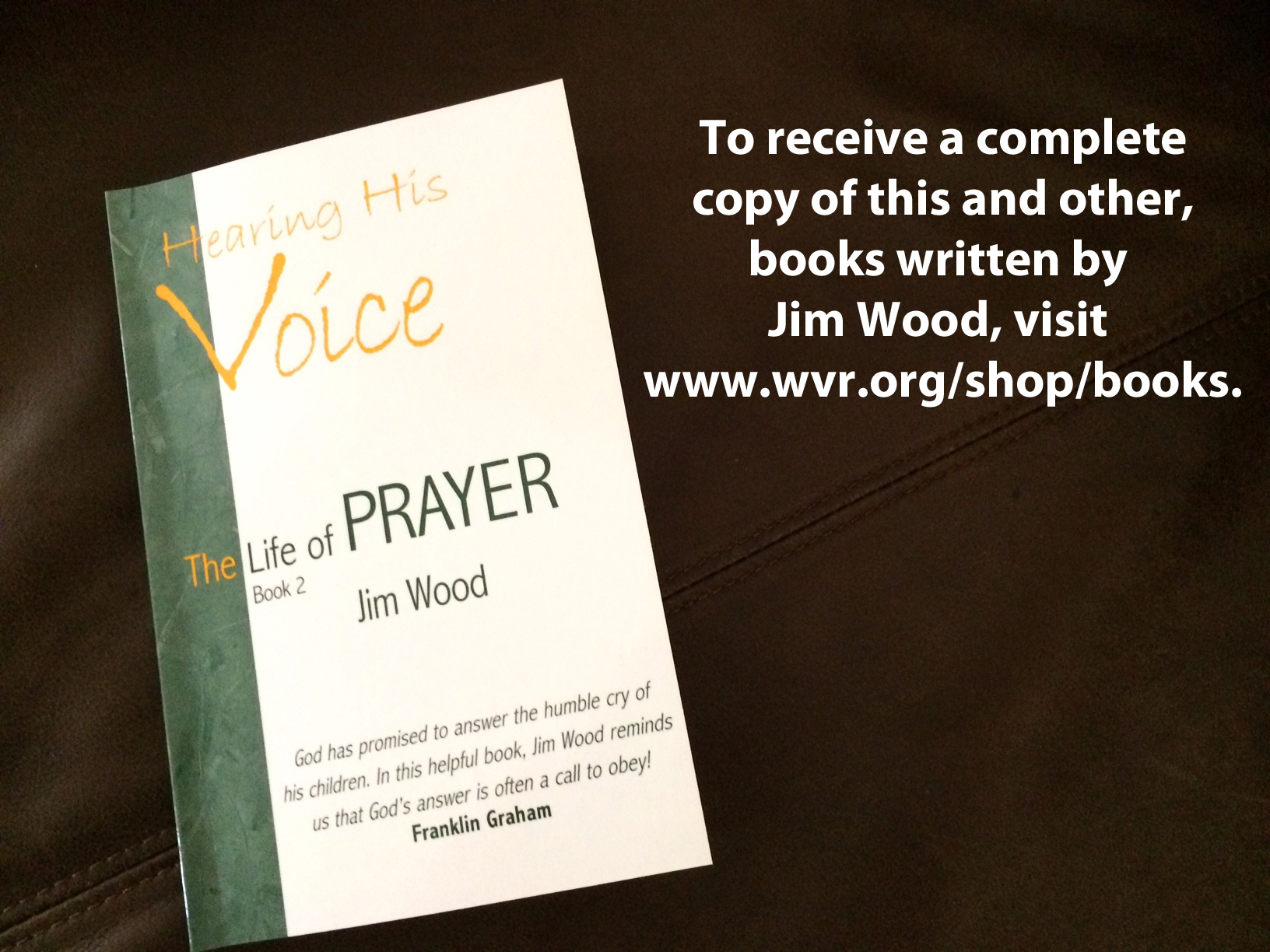Forgive us our debts, as we also have forgiven our debtors.
There are many things that are hindrances to prayer, but the one thing I encounter more than anything else in counseling with people is the problem of unforgiveness. Improper relationships with others block our fellowship with God. The issue of unforgiveness is most often at the heart of the matter.
When Jesus gave us the model prayer, which we call “The Lord’s prayer,” He placed the subject of forgiveness at the heart of the prayer. He then went back to revisit only one part of the whole prayer, as if to say, let me underline this for you: “For if you forgive men when they sin against you, your heavenly Father will also forgive you. But if you do not forgive men their sins, your Father will not forgive your sins.”
Unless you forgive those who wrong you, your heavenly Father will not forgive you either! The greatest hindrance to prayer that I have seen in over thirty years of ministry is the failure to forgive. There are various reasons why people have trouble forgiving.
First, we often don’t understand what forgiveness is. We think forgiveness means rationalizing, trying to minimize what the offender did, saying, “They didn’t mean it,” or “It wasn’t really all that bad,” or “I didn’t really mind,” or “It’s no big deal;” all of this is a crock! In order to forgive, we have to be honest about the fact that it really was wrong, it really did hurt, it really was terrible, there’s no excuse for it. Making excuses for the other person is not what forgiveness is about. Forgiveness is always based on grace.
In Colossians 3:13 we read: “Bear with each other and forgive whatever grievances you may have against one another. Forgive as the Lord forgave you.” Forgive others as God forgave you! On what basis did God forgive you? God forgave you completely on the basis of grace, and it’s on this basis we must forgive others.
Jesus told many stories about forgiveness and grace. Do you remember the man who was owed a little bit of money and had just been forgiven an impossibly huge debt? He went out and demanded repayment for a minor debt from someone else. As a result, he was severely punished and imprisoned for life. All through the Scriptures, we are told again and again, you must forgive!
The other reason many people find it hard to forgive is because they equate forgiveness with trust. They think, “If I’m going to forgive this person, I’ll then have to put myself in a position to be wronged by them again.” Trust is something that is earned. Forgiveness is based on grace.
When Not to Trust
If someone broke into my home and molested my children, I would be commanded by God to forgive that person. But, I would be an irresponsible fool if I invited them back into my home to babysit my children. This would not be a sign of my forgiveness, but rather a sign that I had abandoned my responsibility as a parent.
You can forgive a person without trusting them. You don’t rationalize what they did and you don’t put yourself in a position to be hurt over and over again. Trust is earned; forgiveness is based on grace.
Forgiveness includes praying good things for the offending person, loving your enemies, praying for those who curse you and blessing those who despitefully use you. You begin to intercede on their behalf and say, “God, just as you have been merciful to me, I’m praying that you’ll be merciful to that person. God, do not hold this against them. Forgive them, Lord. Have mercy upon them. Draw them to yourself. Take the blinders off their eyes. They need you.”
Sometimes, our prayers for those who have repeatedly offended us are more frequent and heartfelt if we limit our contact with the person. Forgiving someone does not require that we spend time with the person we have forgiven. We are not required to allow people to offend us again and again. If we do choose to spend time with offensive people, then we are required to forgive over and over. It may be easier to avoid contact whenever possible and spend more time praying for them.
If forgiveness is difficult for you, don’t set yourself up for bitterness by spending time with people who you expect to be abusive in their behavior towards you.
Loving our Enemies
If we’re going to be serious about talking with our heavenly Father, we must drop our agenda of trying to get God to see things our way and asking Him to carry out our plans. We must make time to pray, away from the distractions of television, entertainment and the pursuit of temporal, worldly possessions.
We must take our place as His sons and daughters, who have been redeemed, so that we might share in the mission of Jesus, bringing redemption to a world that is lost. We must pray: speaking, meditating, listening and obeying. This is our purpose. As we understand that God has left us on earth for the sake of those who do not yet know Him and as we begin to fulfill our mission of redemption, the hindrances to our prayers will diminish. What steps will you take this week to increase your time alone with God? Are you ready to trust Him to use you as He sees fit? Are you willing to forgive those who’ve wronged you? Will you ask the Father to give you His grace to do what He commands?
Featured Resource:
Hearing His Voice: The Life of Prayer, Book 2



